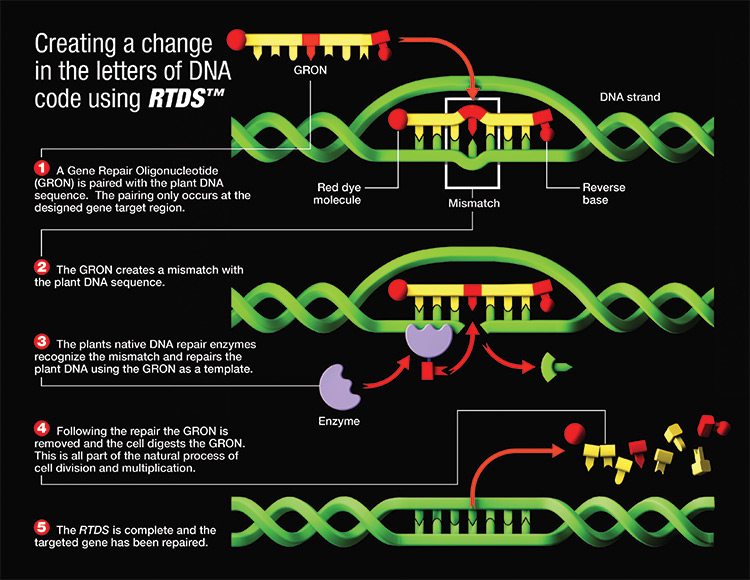With new technology, one company has made a new canola worth crushing over.
Cibus, a precision gene-editing firm based in California, launched its first non-genetically modified, herbicide-tolerant canola trait, SU Canola (sulfonylurea tolerant) this past year in limited quantities in the U.S. and received approval from Canada’s government, as well.
SU Canola is a new weed control strategy that will provide farmers with stewardship options to deal with resistance resulting from overuse of current herbicide tolerant, genetically modified varieties.
“We are excited to be able to provide Canadian and U.S. canola farmers with a new non-GM alternative,” says James Radtke, senior vice president of product development with Cibus. “SU Canola offers an excellent alternative for weed control.
“The SU herbicide tolerant system controls glyphosate resistant weeds, such as pigweed, and offers an alternative as a crop rotational partner for glyphosate-tolerant soybeans.”
Cibus launched its SU canola in North Dakota in limited quantities for the 2016 season.

Technology Allows for Gene Editing
According to Radtke, SU Canola is Cibus’s first commercial seed product developed using its rapid trait development system (RTDS), a patented gene-editing tool.
RTDS is considered non-GM and non-transgenic, meaning that breeders do not introduce foreign genes into the variety that is being developed.
An exciting breakthrough in developing new traits in plants, RTDS provides precise and predictable results with beneficial traits that are indistinguishable from those developed through traditional plant breeding, but with faster results.
The system employs a gene repair oligonucleotide to act as a template to make a desired change in the plant’s DNA. It works within the cells natural DNA repair system, which will change the spelling of genes in the plant, thereby creating new traits in the plant.
“We can make small changes through our technology that do not fit into the GM or transgenic umbrella,” explains Radtke. “We can do anything that can also happen in nature with our RTDS technology, such as mutations that occur naturally. We can make them at will and specifically look and target a specific gene or genes and know the change we want to make and use the technology in a very precise way for breeding.”
Benefits include:
• Replicable precise trait development to achieve both selectable and non-selectable traits.
• More rapid product development than traditional breeding and transgenic approaches.
• Simultaneous targeting of multiple traits.
• Clear regulatory path in target markets.
• Promise of global acceptance for its products in farming and in commerce.
“SU Canola can provide expanded market access, especially into regions that have been reluctant to buy GM varieties,” Radtke says. “We fully expect farmers to embrace products using this new technology in the coming years.”
North America is home to about 22 million acres of canola, and Cibus estimates that there’s potential to grow canola acres to more than 26 million by 2020.
In the United States, Cargill offers a premium contract because there is a high demand for non-GM canola oil.
“We hope to see this also occur in Canada for non-GM canola oil as demand keeps growing,” he says. “We are talking to crushers, and there continues to be a need and void to fill.
It’s a growing segment for consumers wanting an alternative in the grocery store.”
But canola isn’t the only crop to benefit from the RTDS technology. Cibus expects to introduce non-transgenic glyphosate tolerant flax in 2019, late blight resistant potato in 2020 and a herbicide tolerant rice after that.













